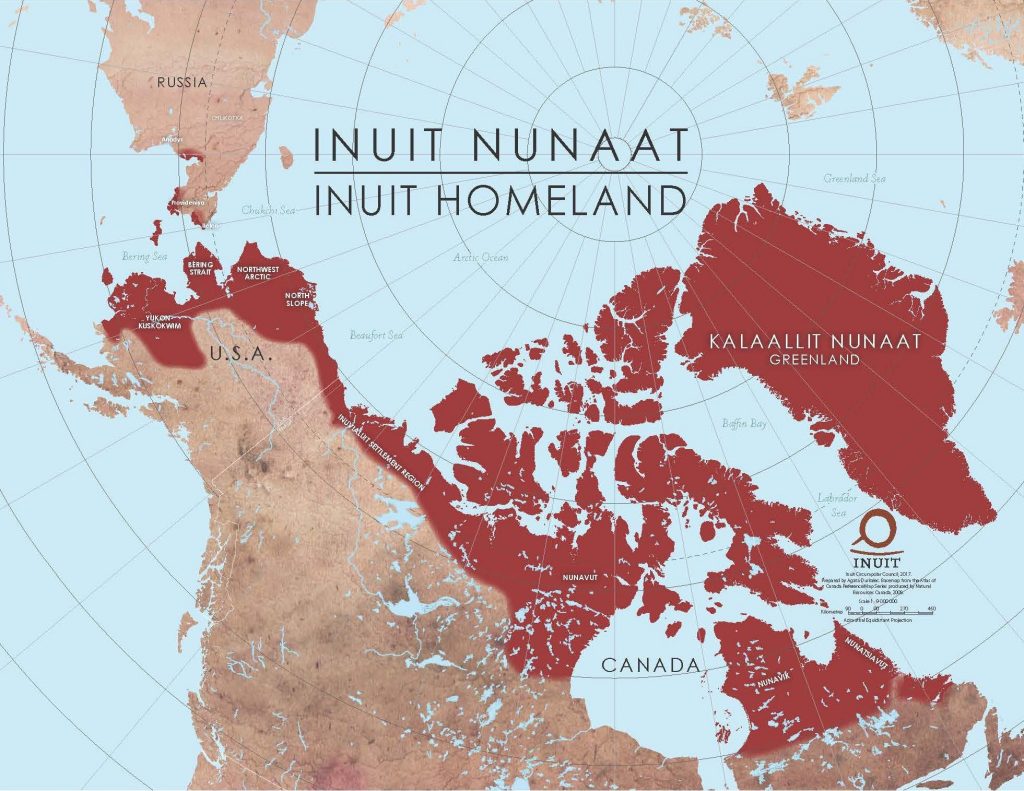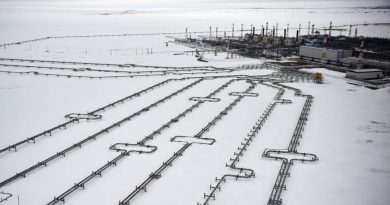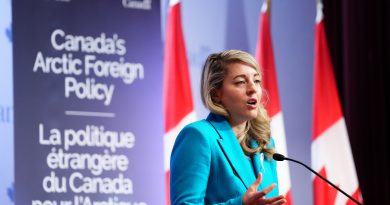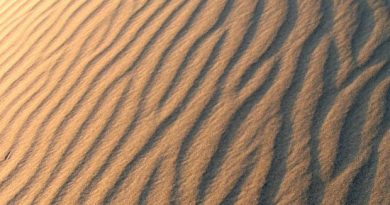Itn’l Inuit org approves report on ethical engagement with Indigenous knowledge

The Inuit Circumpolar Council (ICC) has approved a report that will help guide the creation of protocols for ethical engagement with Indigenous knowledge in the Arctic.
“For decades, in the name of science, actions have been taken that ultimately disrespect or exploit Indigenous knowledge or take it out of context for other purposes,” ICC International Chair Dalee Sambo Dorough said in the forward.
“Indigenous knowledge and Indigenous knowledge holders must be recognized and respected.”
ICC represents the approximately 180,000 Inuit in Alaska, Canada, Greenland, and Chukotka, Russia.
The report, Ethical and Equitable Engagement Synthesis Report, outlines the challenges and concerns raised by Inuit communities across Inuit Nunaat, the Inuit homeland that spans the four countries, along with detailed guidance for addressing the ongoing issues.
“Inuit are a part of a globalizing world,” the report says. “The Arctic has been our homeland for time immemorial and our people and communities are often asked to contribute Indigenous knowledge, labor, and time to inform research, policy, and decision making in the Arctic and beyond.”
‘Serious concerns about continuing to share our knowledge’
Among the many concerns raised by Inuit in the report, include non-Inuit disregarding, and having a lack of understanding about the complexity of Inuit knowledge, a lack of support for Inuit to be involved in decision-making, research fatigue and duplication due to lack of investment in community-based knowledge management, and a lack of funding for Indigenous knowledge research and the involvement of Indigenous knowledge holders in planning and implementation.
“Indigenous Knowledge is a systematic way of thinking applied to phenomena across
biological, physical, cultural and spiritual systems. It includes insights based on
evidence acquired through direct and long-term experiences and extensive and
multigenerational observations, lessons, and skills. It has developed over millennia
and is still developing in a living process, including knowledge acquired today and in the
future, and it is passed on from generation to generation. Under this definition, it is
recognized that Inuit Knowledge is a way of life. It goes beyond observations,
ecological knowledge, and research, offering a unique ‘way of knowing’.”
-Utqiaġvik Declaration 2018
Some of the guidelines put forward in the report include the importance of having Inuit determine the relevance of their knowledge and how it should be applied; as well as support for Inuit to determine research priorities and how funding should be allocated to Arctic projects.
“Numerous Indigenous organizations and community members have voiced that the engagement of our knowledge within activities has been insufficient, to the point that there are serious concerns about continuing to share our knowledge until the proper guidelines and protocols can be developed and agreed upon,” the report says.
“These guidelines must address the misconceptions about, and misconduct in, engagement with our knowledge.”
The report is mainly directed to Inuit to help guide their decisions as they navigate relationships with industry, environmental groups researchers or institutions and could help inform local and regional Inuit communities develop their own rules and guidelines.
Further sections of the report tackle ethical engagement with Inuit communities, values, methodologies and permissions.
Protocols expected in 2022
The synthesis report is part of ICC’s ongoing work to develop international protocols for fora, institutions and scientists engaging with Inuit communities and knowledge, and was set out as a priority in ICC’s 2018 Utqiaġvik Declaration, the document that outlines their four-year priorities.
The synthesis report will be used to aide the development of the protocols in conjunction with ongoing workshops involving include Inuit knowledge holders from across Inuit Nunaat.
The final protocols are expected to be released to the public before the ICC’s 2022 General Assembly in July and will also be circulated to national governments, the Arctic Council, and other international fora the ICC is part of.
Write to Eilís Quinn at eilis.quinn(at)cbc.ca
Related stories from around the North:
Canada: How indigenous knowledge is changing what we know about the Arctic, Eye on the Arctic
United States: Indigenous wildfire knowledge to be key part of new Arctic Council project, Eye on the Arctic




Where can I get a copy of the map at the top of the page “Inuit Nunaat, Inuit Homeland”.
Hi Roy!
Thanks for your comment.
The map is from the report Food Sovereignty and Self-Governance: Inuit Role in Managing Arctic Marine Resources. To get a copy, you may contact the Inuit Circumpolar Council Alaska.
good